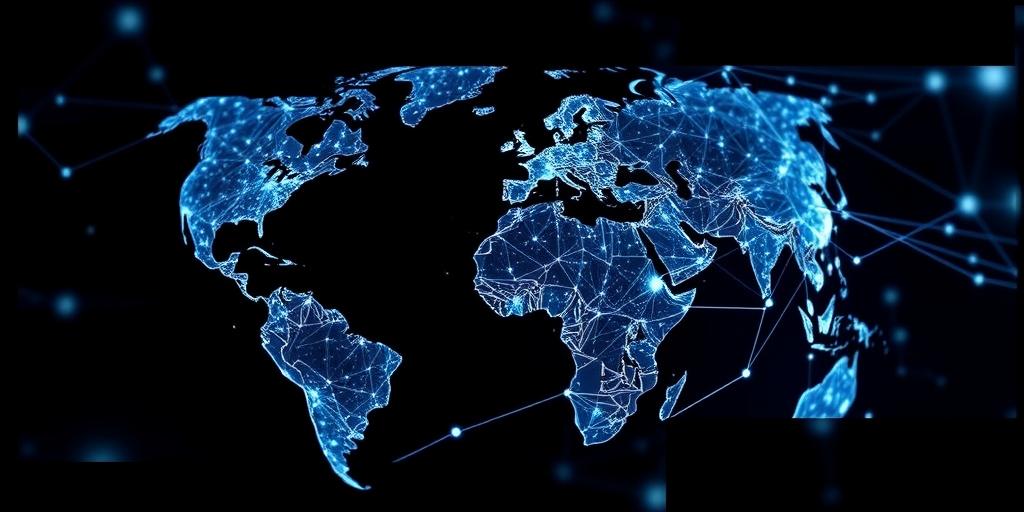Transforming Industries through the Digital Economy
The digital economy is no longer a futuristic concept; it's the present reality. It's reshaping industries, driving innovation, and creating unprecedented opportunities for businesses of all sizes. This post explores how the digital economy is transforming various sectors and what it means for the future.
What is the Digital Economy?
The digital economy refers to the economic activity that results from billions of everyday online connections among people, businesses, devices, data, and processes. It encompasses e-commerce, digital infrastructure, data flows, and emerging technologies like artificial intelligence (AI), blockchain, and the Internet of Things (IoT).
Key Drivers of Digital Transformation
Several factors are driving the rapid expansion of the digital economy:
- Technological Advancements: Continuous innovation in areas like cloud computing, mobile technology, and data analytics is making digital solutions more accessible and powerful.
- Changing Consumer Behavior: Consumers are increasingly turning to digital channels for information, entertainment, and shopping. Businesses must adapt to meet these evolving expectations.
- Globalization: The digital economy transcends geographical boundaries, enabling businesses to reach global markets and collaborate with international partners.
- Increased Connectivity: The proliferation of internet access and mobile devices has created a hyper-connected world, fostering digital interactions and transactions.
Industries Disrupted by the Digital Economy
- Retail: E-commerce has revolutionized the retail industry, with online sales accounting for a significant portion of total retail revenue. Brick-and-mortar stores are adapting by integrating digital technologies to enhance the customer experience.
- Finance: Fintech companies are disrupting traditional financial services with innovative solutions like mobile payments, online lending, and robo-advisors. Blockchain technology is also poised to transform the financial industry.
- Healthcare: Digital health technologies, such as telemedicine, wearable devices, and electronic health records, are improving patient care, reducing costs, and enhancing efficiency.
- Manufacturing: The Industrial Internet of Things (IIoT) is transforming manufacturing processes through automation, predictive maintenance, and real-time data analytics.
- Transportation: Ride-sharing services, electric vehicles, and autonomous driving technologies are revolutionizing the transportation industry, making it more efficient, sustainable, and convenient.
The Future of the Digital Economy
The digital economy will continue to evolve and expand, driven by emerging technologies and changing consumer preferences. Businesses that embrace digital transformation will be best positioned to succeed in the future. Here are some key trends to watch:
- AI and Automation: AI-powered solutions will automate tasks, improve decision-making, and personalize customer experiences.
- Data Analytics: Data will become even more critical for businesses, enabling them to gain insights, optimize operations, and create new revenue streams.
- Sustainability: Digital technologies will play a crucial role in promoting sustainability, enabling businesses to reduce their environmental impact and create a more sustainable future.
Conclusion
The digital economy is transforming industries at an unprecedented pace. Businesses must embrace digital transformation to remain competitive and capitalize on the opportunities it presents. By understanding the key drivers, disruptions, and future trends of the digital economy, businesses can position themselves for success in this rapidly evolving landscape.









